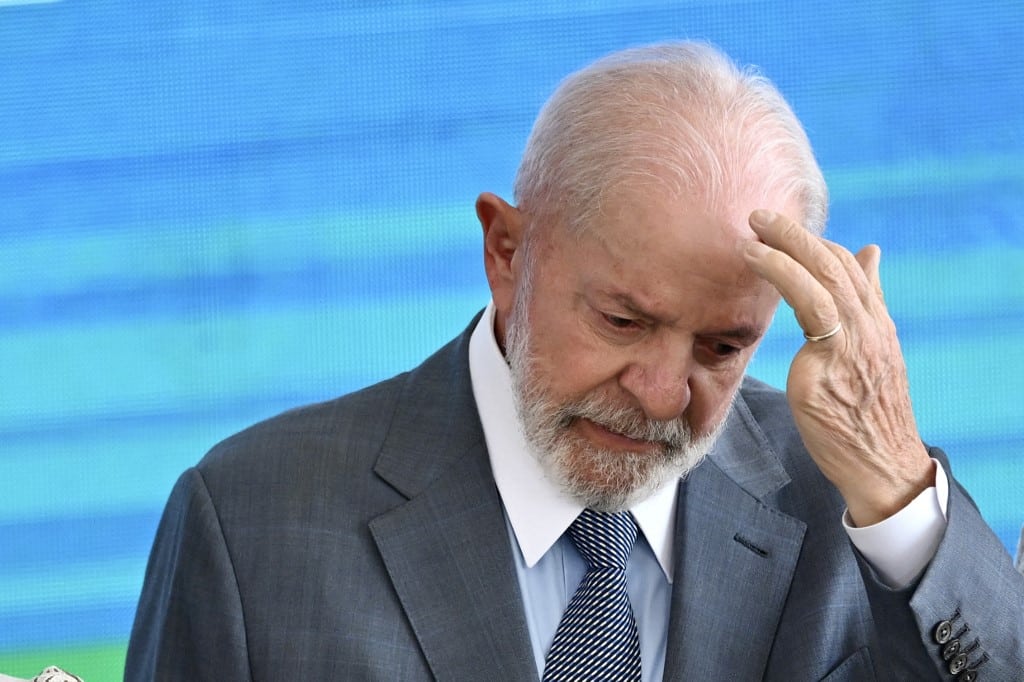
Last week, the government of Brazil began blocking unregistered and unlicensed sports betting sites in response to gambling addiction concerns.
No Dice for Black Market Sites
Brazilian President Luiz Inacio Lula da Silva stated, “If regulation doesn’t work, I won’t hesitate in putting an end to (betting) definitively.” The remarks come hot off the heels of a report by Brazil’s central bank that recipients of the nation’s welfare system, known as the Bolsa Familia program, spent the equivalent of 550 million in August.
The president believes at least some of that is attributed to compulsive gambling. Regis Dudena, secretary of prizes and betting (SPA) for Brazil’s Ministry of Finance, reportedly identified and targeted 2,040 gambling domains of a suspicious nature and reported them to the National Telecommunications Agency to be blocked. “This is a very important first step that will be further developed and will involve ongoing action by both the SPA and other government agencies to protect, above all, gamblers and the popular economy,” said Dudena.
New Restrictions
Finance Minister Fernando Haddad has also announced that credit card companies will be prohibited from funding customer gambling accounts. “It’s becoming a serious social problem, and we have to face it,” Haddad said.
According to Brazilian research firm Instituto Locomotiva, 52 million Brazilians are gambling, including 25 million over the last six months. Although Brazil approved sports betting in 2018, no regulatory measures were put in place, leaving the market as an unchecked and unregulated industry.
However, the process to regulate sports betting began in March 2023, and the bill was signed into law in late December. Only online sports betting has been included in the signed legislation, but there is a possibility that iGaming will get consideration down the road should the problem gambling issue be resolved to the satisfaction of the president and his staff.
Big Business in Brazil
According to Similarweb, a data analytics company, Brazil is generating roughly $45 billion annually in the online betting sector, which would make it the global leader in the digital sports betting sector. This has captured the attention of industry leaders like Flutter Entertainment, owner of America’s leading sports betting platform, FanDuel.
Flutter recently paid $350 million for a 56% stake in NSX Group, the nation’s fourth-largest operator in Brazil, under its flagship Betnacional brand.
Peter Jackson, Flutter CEO, said, “I am excited to announce the addition of NSX, operator of Betnacional, a leading Brazilian sports betting and iGaming brand, to the Flutter portfolio. We believe that combining the extensive local expertise of the NSX team, our existing Betfair business, and the power of the Flutter Edge will create a compelling opportunity to capitalize on the growth opportunity in Brazil, which presents an exciting runway of future growth.”
The online sports betting law is expected to pass in 2025, and once it does, the current version will levy a $6 million licensing fee for a five-year term and impose a 12% tax on adjusted gross revenues. Meanwhile, customers who earn more than $425 annually in gambling winnings will pay 15% of their profits.







